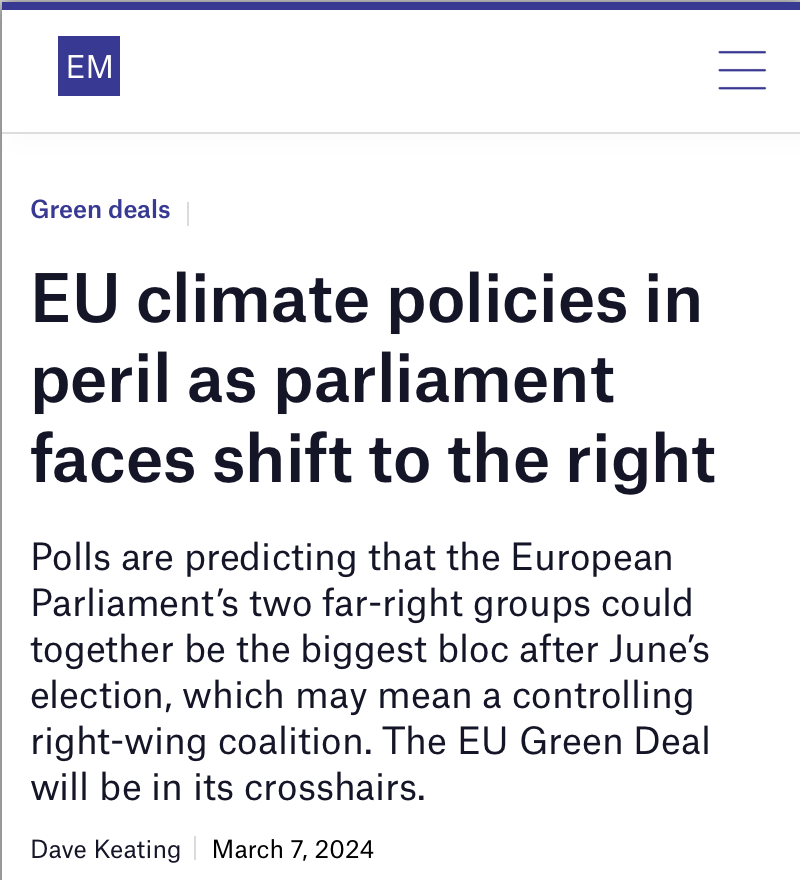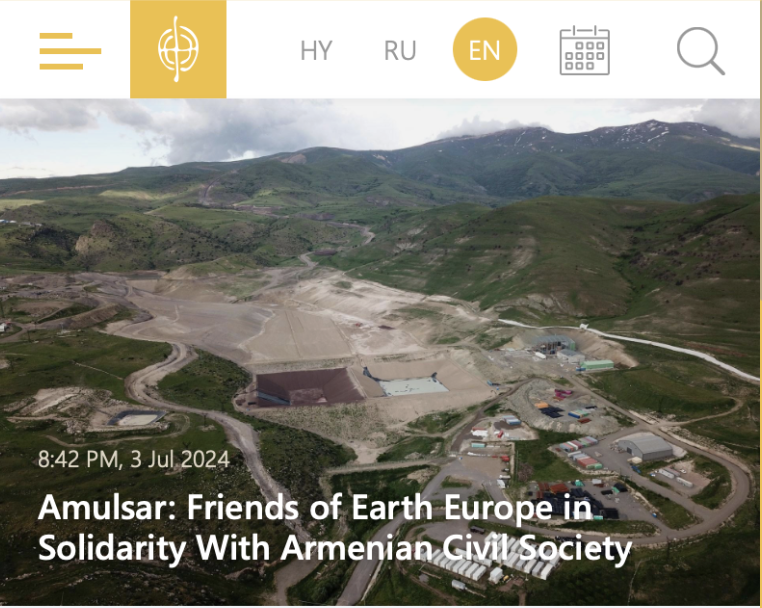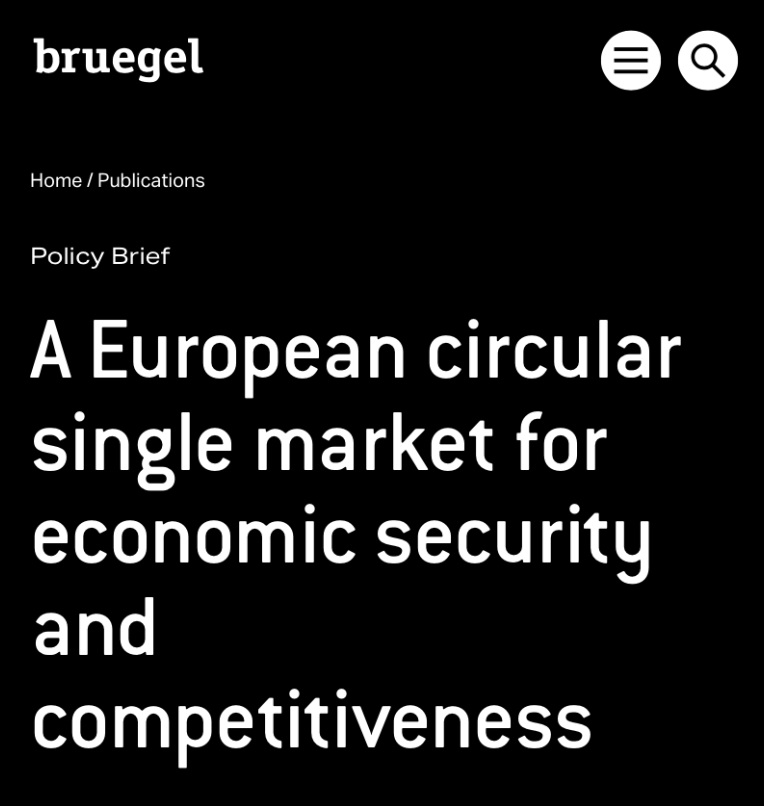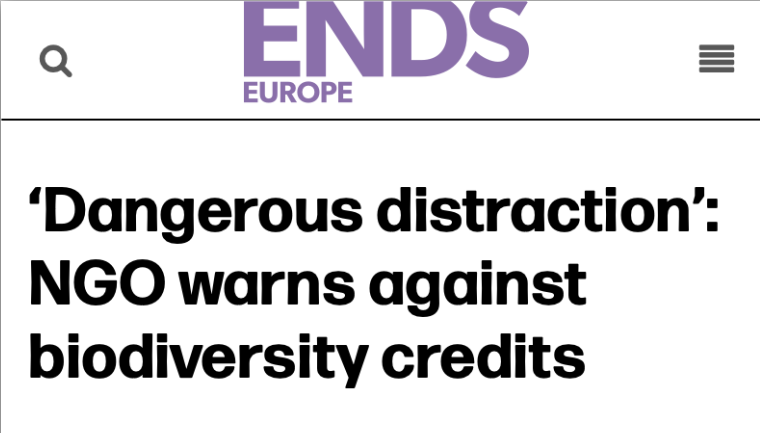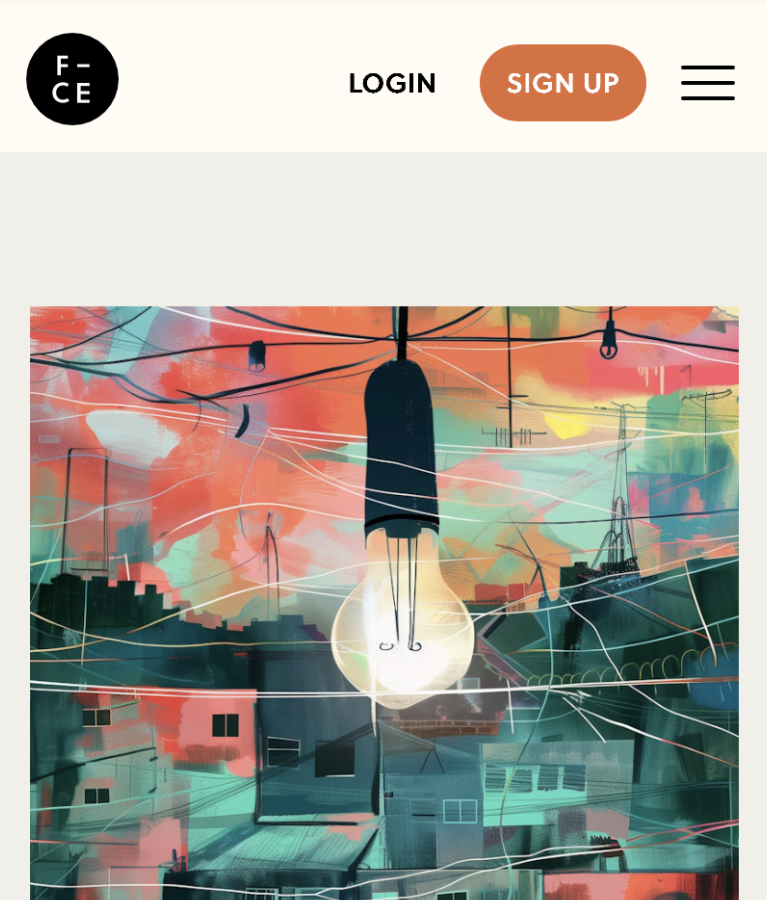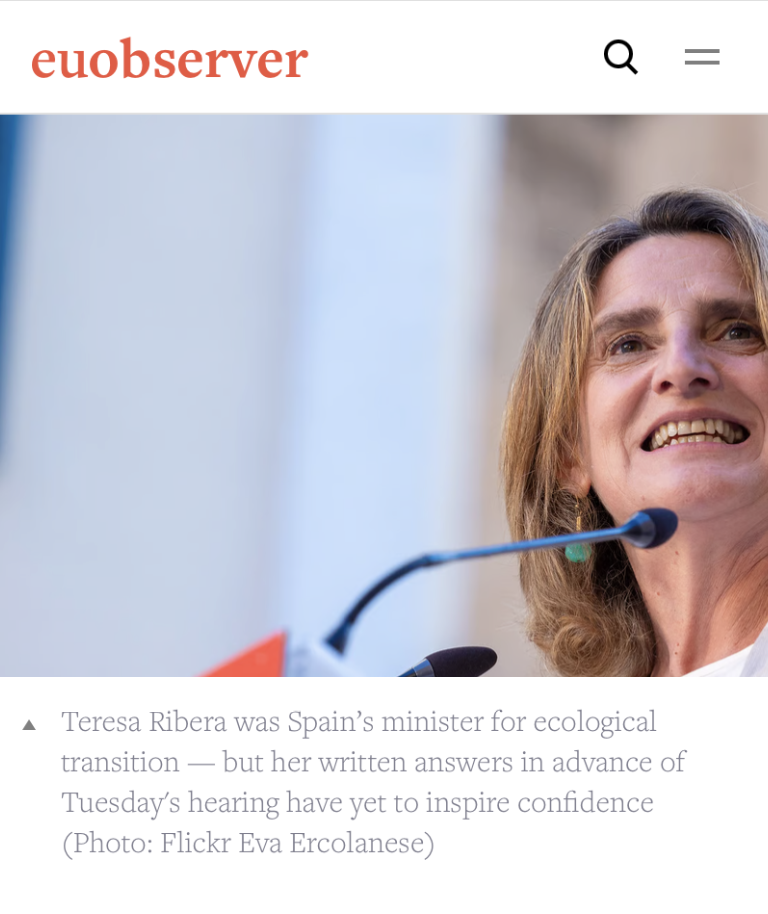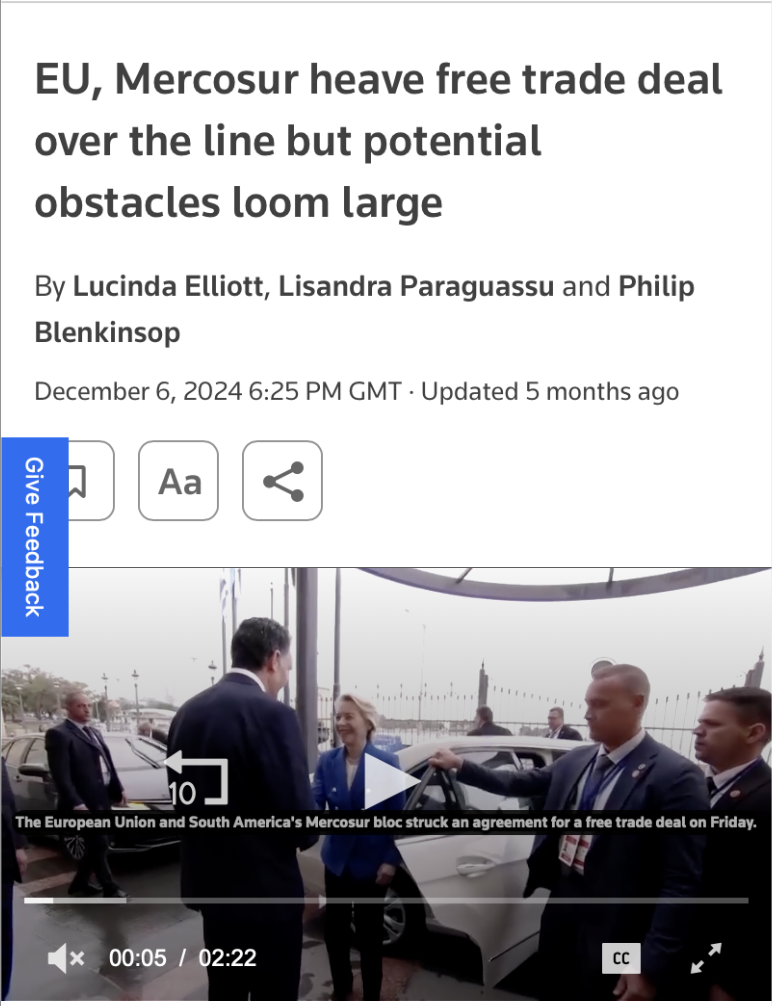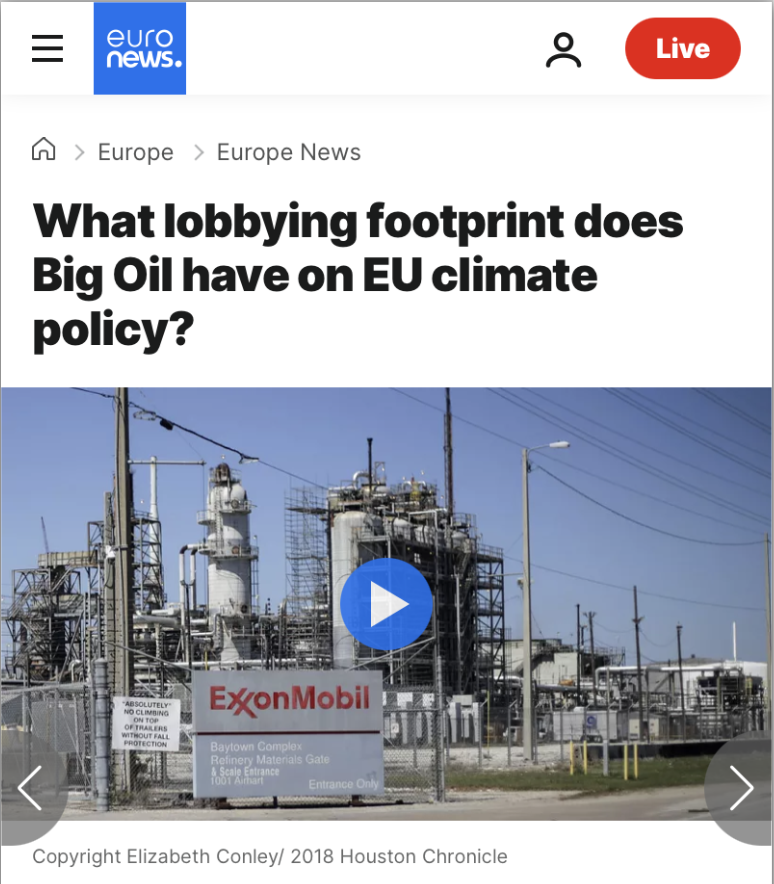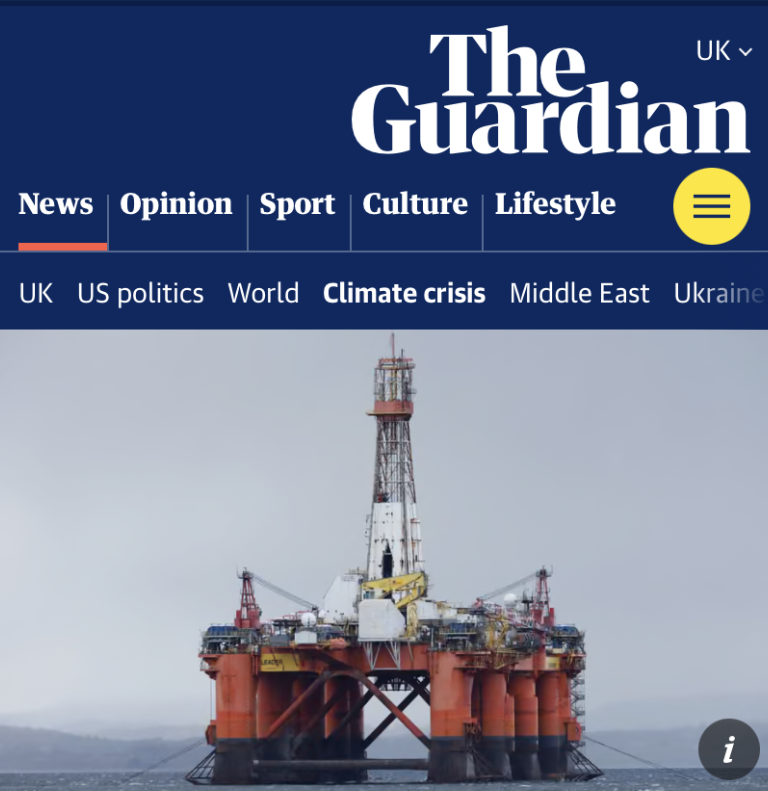We shaped
coalitions of NGOs fighting for justice
We mobilised more than
organisations to demand an exit to the Energy Charter Treaty
We made and gifted
friendship bracelets to MEPs
We shaped
coalitions of NGOs fighting for justice
We mobilised more than
organisations to demand an exit to the Energy Charter Treaty
We made & gifted
friendship bracelets to MEPs
We shaped
coalitions of NGOs fighting injustice
We mobilised more than
organisations joined us to demand withdrawal from the Energy Charter Treaty (ECT)
We made & gifted
friendship bracelets to MEPs
A little bit about us
Friends of the Earth Europe is the largest grassroots environmental network in Europe, uniting more than 30 national organisations with thousands of local groups. We have spent decades fighting for a sustainable and just world.
Our Brussels office coordinates our network’s joint campaigns, and pushes for action by the EU to protect people and planet. We have won key battles on climate, food and farming, resource use and curbing corporate power at the EU level and beyond.
We are the European arm of Friends of the Earth International, a global federation uniting over 70 national member organisations, some 5,000 local activist groups, and over two million supporters around the world.
Hello from our Director
Hear from our Director, Matilda Flemming, who took over the role of Director at Friends of the Earth Europe in January 2025. Read Matilda’s foreword below.
See our campaign highlights
Our campaign and advocacy work for a just, sustainable future in our Brussels office.
Explore our member highlights
Our members are the lifeline of what we do at Friends of the Earth. Click below to read highlights from each of our member groups.
Financial information 2024
In our ongoing efforts to diversify and stabilise our financial resources, we have successfully cultivated a balanced approach to funding. This strategy is essential not only for sustaining our current operations but also for enabling future growth and innovation.
Member highlights
Our member groups are the bloodline of the organisation, we’re proud to celebrate the grassroots campaigning work carried out by our member groups.
Explore our member groups using the map below, click on the country for member highlights.
Check out our full member list below!
Grassroots campaigning carried out by our member groups are the bloodline of FoEE.
Full member list
Friends of the Earth Europe Executive Committee 2024
Our Annual General Meeting (AGM) took place in Malta in May. The following members to the Executive Committee (ExCom) have been elected or re-elected at that occasion:
Marilin Eessalu from FoE Estonia (Chair), Cathérine Mollière from FoE France, Tihomir Dakic from FoE Bosnia and Herzegovina, Anna Kárníková from FoE Czechia, Ákos Éger from FoE Hungary, Martin Galea De Giovanni from FoE Malta, Sara Mariza Vryonidi from FoE Cyprus.
In the news
In the news
Armenia
Propelling the Plastics Treaty
We participated in the fifth session of the negotiations on the new UN Plastics Treaty in Busan, Republic of Korea. We also joined two events hosted by KFEM/Friends of the Earth South Korea – the ‘Human Sign and March event and the mobilisation event by KFEM.
We also met with the representatives of the South Korean Parliament, and were vocal in actions and media events, with the final press release quoting us on health and chemicals.
© KFEM
Austria
Protect Platzertal from a hydrodam
In our support for an energy transition that respects nature, we campaigned against a hydroelectric dam in Platzertal that would destroy a whole valley including a moor that captures a lot of CO2. The campaign target was to raise awareness about the destructive nature of the dam and to encourage local residents to write letters to their public authorities.
More than 10,000 letters were sent to regional authorities during the course of the campaign. We also organised several actions and presented ways to the make energy transition environmentally friendly.
Finally, the energy corporation TIWAG decided to delay the application for an Environmental Impact Assessment, and the head of the regional province announced an evaluation. The fight will go on!
Confronting big polluters
We organised multiple in-person and online actions against big polluters, including Indaver, Ineos and Utexbel.
We have been expanding our campaigning against companies that are based along the two most important rivers in Belgium, the Scheldt and Yser.
Their activities lead to dumping PFAS (“forever chemicals”) in the North Sea, which is terrible for the environment and also affects the small-scale fishers who use the most polluted areas, the first three miles from the coast, to catch their produce.
The Belgian authorities announced in 2024 that they want to sue Uxtebel for a series of harmful environmental impacts. This will become an important lawsuit and we hope it will lead to a conviction. We are also working on water issues such as floods and adaptation plans.
Belgium
(Wallonia & Brussels)
Training on capitalism, patriarchy & ecofeminism
We have been promoting ecofeminism on the one hand and de-growth on the other, but without necessarily linking these two alternatives to the current system.
In 2024, we created and organised a day of participatory training on these themes to allow the public to understand how capitalism and patriarchy, two systems of domination, contribute to the destruction of nature and the oppression of women.
The day was a great success with good participation and inspiration for future campaigns.
© Amis de la Terre Belgique
Bosnia & Herzegovina
Defending the Rzav River
By the will of the people, the Rzav River has been defended and is now flowing freely! The concession agreement for the construction of two small hydro power plants has been terminated.
This decision represents the culmination of several activities that peaked a few years ago when the citizens, through protests, defended this river from the construction of seven small hydroelectric plants along its course.
We supported the fight of citizens and local communities from the very beginning: besides highlighting the harmful effects of these projects through a campaign, we also conducted biological research with the aim of proving the high biological value of the area.
© Centar za životnu sredinu
Bulgaria
Landmark legal victory against waste incineration
We successfully challenged the illegal waste incineration activities of Ecosafe Ltd. in Devnya, Bulgaria—a town already burdened by severe pollution.
Our legal action led to a landmark court ruling that annulled an unlawfully issued permit. The permit had allowed the company to burn hazardous waste without an environmental assessment. The case exposed serious systematic failures in environmental governance, particularly the misuse of “salami slicing” to bypass regulations.
This victory sets a precedent for stricter oversight. It ensures industrial pollution in Devnya faces proper legal and environmental scrutiny, strengthening environmental justice and public health protection.
© Ivan Donchev
Croatia
Winning the Battle in Vrginmost - for now
We organised the “Justice for Vrginmost” campaign in collaboration with the citizens’ initiative “Stop Phaten Plastic Recycling”.
The campaign aimed to stop the environmental damage caused by the Phaten Plastic Recycling plant, demand accountability from institutions that had ignored the issue, and secure compensation for the community. Key demands included the immediate closure of the plant and the remediation of the damage. After months of struggle, the plant was finally shut down, but the issue is not fully resolved.
The company left behind contaminated soil and water, and local residents remain concerned about their health. Despite numerous reports, institutions failed to take action to clean up the site.
© Zelenia Akcija
Cyprus
Energy Cafes as Energy Community Spaces in Cyprus
In 2024, we launched Cyprus’ first Energy Café to tackle energy poverty and build public support for energy democracy. With high energy costs and limited citizen participation in energy decisions, the Cafés created an inclusive space for people to learn about community energy solutions and share their struggles.
Over 70 participants joined in Nicosia and Limassol, forming local groups and exploring the idea of energy communities. The Cafés sparked collaboration between citizens and municipalities, and helped shift the narrative from individual responsibility to collective action. This initiative strengthened public support for systemic, fair, and community-led energy transitions.
© Friends of the Earth Cyprus
Czechia
Protecting Czech Forests
After 29 years Czech Forests are threatened by the retreat of the forest monoculture plantations. It is the plan of Ministry of the Agriculture to amend the Forest Law and allow for their repetitive planting and financing, contrary to the EU Forest Strategy and scientific considerations.
We have organised a protest in front of the ministry, prepared set of 57 legislative amendments and shared them with the government. We have also gained support of 380 scientists, ministries and country governments.
To achieve a good forest law, there were also five additional amendments prepared and submitted. The Forest Law development in the Parliament became a part of the discussions before the elections.
© Petr Zewlakk Vrabec
Denmark
Defending the defenders
Across the world governments are tightening laws and prosecuting activists for exercising basic human rights such as freedom of speech and assembly. In Denmark, hundreds of activists are being prosecuted by the state for their environmental activism.
In 2024, we released a report that investigates this repression and criminalisation of activists, highlighting the legal and psychological impact of the repression activists face. The report shows how the repression has a “chilling effect” on activists and that police violence and court cases deter activists from organising.
We also co-organised a demonstration against repression of activists with other climate and nature movements, Palestine solidarity groups and animal rights organisations.
Estonia
Advancing environmental justice
We tackled the lack of political and societal engagement with planetary boundaries in environmental policymaking. Although the concept is widely discussed, countries struggle to define their “fair share” due to data limitations and methodological complexity.
Our solution was to publish and present a report summarising existing methods for calculating national shares of planetary boundaries, highlighting the need for clear principles and political courage to address global environmental justice. We launched the report at the Estonian Ministry of Climate, where it sparked strong interest.
The aim is to generate political will and allocate resources to integrate fair share calculations into national policy, enabling more responsible and ambitious environmental action in Estonia.
France
Successful mobilisation against the far-right
In France, after the dissolution of Parliament in early summer 2024, we mobilised quickly together with other organisations and media, to raise public awareness on the many dangers of a government led by the far-right.
In the weeks leading up to the legislative elections, we supported calls for rallies against the far-right, signed opinion columns, spoke in public events, communicated on social media and mobilised our members to remind that the far right will never be compatible with social justice nor with sustainable societies. We have avoided the worst in these elections, but we will continue to fight against the dangerous spread of far-right ideas in our country.
© Mélissa Klaus
Germany
Historic case for better biodiversity legislation
The pace of species extinction and the destruction of nature is even more dramatic than the speed of the climate crisis. We are the first organisation in the world to bring an action before a supreme court for better nature conservation legislation.
Together with several individual plaintiffs, such as the well-known actor Hannes Jaenicke and conservationist Christof Martin, we have lodged a constitutional complaint with the German Federal Constitutional Court. The complaint is intended to oblige the German parliament to enact a comprehensive statutory biodiversity protection concept. This includes an immediate halt to biodiversity loss and coordinated steps to restore biodiversity.
© Friends of the Earth Germany
Hungary
Winning Civil Award for Meat-Free Day campaign
Together with partners, we won the Civil Award for the most successful civil advocacy project in Hungary in 2024. Our “Meat-Free Day in Public Catering” campaign aimed to introduce weekly vegetarian meals in schools, mobilising 12,000 children in interactive programs.
As a result of the campaign the ministry has changed catering legislation to obligate public catering companies to implement a minimum bi-weekly meatless day. This initiative made the idea of eating less, but better-quality, meat part of public discourse. The project highlights sustainability and shows that delicious and nutritious meals are possible without meat.
© Friends of the Earth Hungary
Ireland
Canvassing for climate action during Election
We worked hard to push climate up the political agenda during Ireland’s General Election. We organised a Climate Justice Day of Action where people from across the country went out into their communities to urge neighbours, friends and the wider community to speak up for climate action.
We produced resources and digital campaigning tools, such as a climate pledge that individuals used to engage election candidates. We hosted a Climate Hustings to grill all the main political parties on climate action. It was also a chance for voters grappling with the cost of living and other intersecting crises to probe parties on how climate policies would improve their lives and tackle inequalities while curbing pollution.
© Friends of the Earth Ireland
Luxembourg
Mecoskop, a government watchdog
In 2025 – a few months after the new government took office in Luxembourg – the Mouvement Ecologique launched the website “Mecoskop“. The goal: to monitor the government to see whether it is fulfilling the goals it has set for itself.
The Mecoskop addresses 77 positive promises from the coalition agreement and tracks their implementation status. It graphically shows whether implementation of a measure has begun, whether it is somewhat advanced, very advanced, or even implemented.
The goal: to encourage governments to keep their promises and to give anyone interested the opportunity to follow the government’s work in the area of sustainable development. The press also enjoys using our “barometer”.
© Friends of the Earth Luxembourg
Malta
Hosting the European Annual Meeting
In May 2024 we hosted the Annual General Meeting (AGM) of Friends of the Earth Europe, a significant event for environmental activists across the continent.
The decision to hold the AGM in Malta reflected a commitment to inclusivity and accessibility, bringing together representatives from over 30 different Friends of the Earth groups.
Ultimately, the AGM is where member groups reflect on the successes and challenges of the past year while charting a course for the future. With environmental issues becoming increasingly urgent, these conversations are crucial for aligning efforts and maximising impact.
© Friends of the Earth Malta
Norway
Major court victory against mining waste
Together with Young Friends of the Earth Norway we have sued the Norwegian government over its permit to dump up to 170 million tons of mining waste into Førdefjorden in the western part of Norway.
The environmental organisations lost the case in the Oslo District Court and appealed to the Court of Appeal. The EFTA Court delivered the judgement in April citing that economic considerations alone are not sufficient grounds to permit pollution of a fjord like Førdefjorden. This is a major victory, and it means that the judgement from the Oslo District Court was wrong. We now look forward to meeting the state in the Court of Appeal to put a final stop to the dumping of mining waste in Førdefjorden.
© Friends of the Earth Norway
Scotland
A just circular economy law
We campaigned for and won a new circular economy law in Scotland! In Scotland, our over-consumption of materials is destroying the planet. We are consuming over double the sustainable limit.
We put pressure on politicians to pass a law to tackle this and make sure that it would do so in a fair way. We did this by encouraging over 600 people to write to their Members of Parliament. Holding a fashion show protest outside the parliament. Dumping excessive electronic waste on parliament to show the problem. All whilst getting coverage of the issue in the media and approaching politicians.
Now, Scotland has a circular economy law that includes a just transition for workers and communities, and a commitment to urgently reduce the environmental impacts of our consumption.
© Friends of the Earth Scotland
Slovakia
Optimising waste management
We put an end to the plan to build two waste incinerators and two chemical recycling plants within our Citizen Assistance Center, assisting the affected communities to fight against false solutions in waste management.
Through our systematic work with municipalities, we have managed to introduce efficient collection of kitchen waste in Úľany nad Žitavou, streamlining the collection of kitchen waste in Partizánske, where we are also mentors of the composting process at the composting plant; introducing the PAYT system for family houses in Žilina and Chocholná-Velčice, alongside changing to a D2D system of waste collection.
We have also implemented campaigns for the public, schools and municipalities on the theme of “no plastic”, composting and waste prevention.
© Priatelia Zeme
Slovenia
Paving the way for energy communities
We supported the Green Hrastnik Energy Cooperative in implementing Hrastnik’s second collective self-consumption project, using our pioneering cooperative model based on public-commons partnership and democratic governance.
Eco Fund, Slovenia’s Environmental Public Fund, used the example of Hrastnik’s first collective self-consumption project as a basis for developing a model for favourable interests on loans for collective self-consumption projects.
On top of that, we launched the Energy Communities Network, bringing together energy communities and supporting actors with an aim to strengthen Slovenia’s support framework for energy communities. Our advocacy also secured a new Energy Act requirement for municipalities to plan the establishment of at least one energy community within their Local Energy Concepts.
© Focus Assoc. for Sustainable Development
Spain
Relive the street, make it ours
In the vein of our campaign ‘Right to nature, right to city’, our local group in Madrid organised a street action in the city centre to reclaim public, green and community spaces throughout the city.
This action was joined by the ‘Right to city’ platform with dozens of collectives and organisations taking part and helping to make our struggle intersectional. More than 50 people took to the streets to play sports, chat with neighbours at a table, share books, play with children and more, all with the aim to revive and own the street.
Through this action we called on the government for pedestrianisation and re-naturalisation of streets, to allow people and nature to gain space from cars and cement and contributed to strengthening alliances across environmental and social justice movements.
© Amigas de la Tierra
Sweden
A shared space for solidarity and action
In October, our national office moved to a new space in Gothenburg. In a time marked by right-wing nationalism with decreased funding and shrinking civic space, our vision was to create a “public living room”, an open and welcoming hub for activists, community groups, and civil society to gather and organise.
We launched it with an opening event attended by around 50 people, featuring speakers from a wide range of organisations and topics, ending with a shared dinner and open mic. Since then our new space has flourished into exactly what we had hoped: a meeting point and a catalyst for collective action. A local activist choir now rehearses here weekly, we host study circles and monthly soup nights – and local engagement feels more vibrant than it has in years.
© Jordens Vänner
Switzerland
Nationwide referendum for nature
2024 was the crucial year for the Biodiversity Initiative we launched four years earlier to protect Switzerland’s rich natural heritage and ensure a healthy environment for future generations.
It aimed to safeguard vital ecosystems that provide us with clean air, fresh water, fertile soils, and food through natural processes like pollination. With nearly half of all natural habitats endangered and over a third of species threatened or already extinct, urgent action was needed.
The initiative called for stronger protections of natural spaces and the preservation of habitats essential for plants and animals. Although it was rejected by voters on 22 September 2024, the initiative helped spark a vital national conversation about the future of biodiversity in Switzerland.
© Pro Natura

